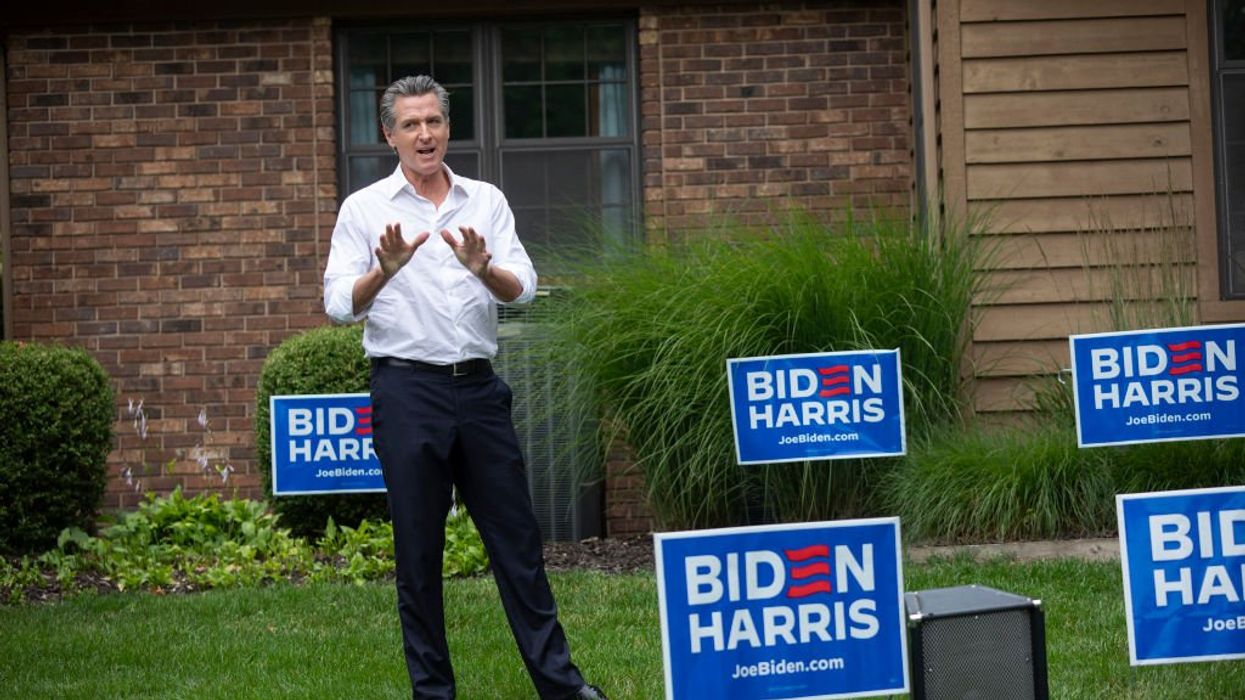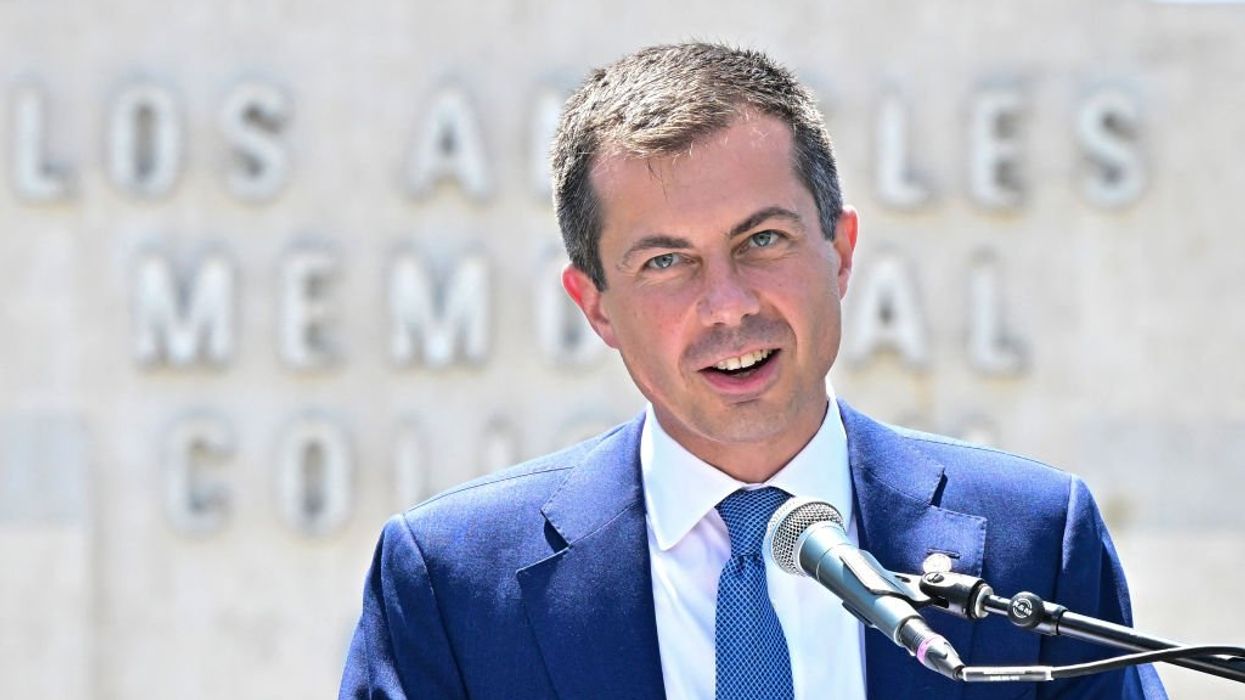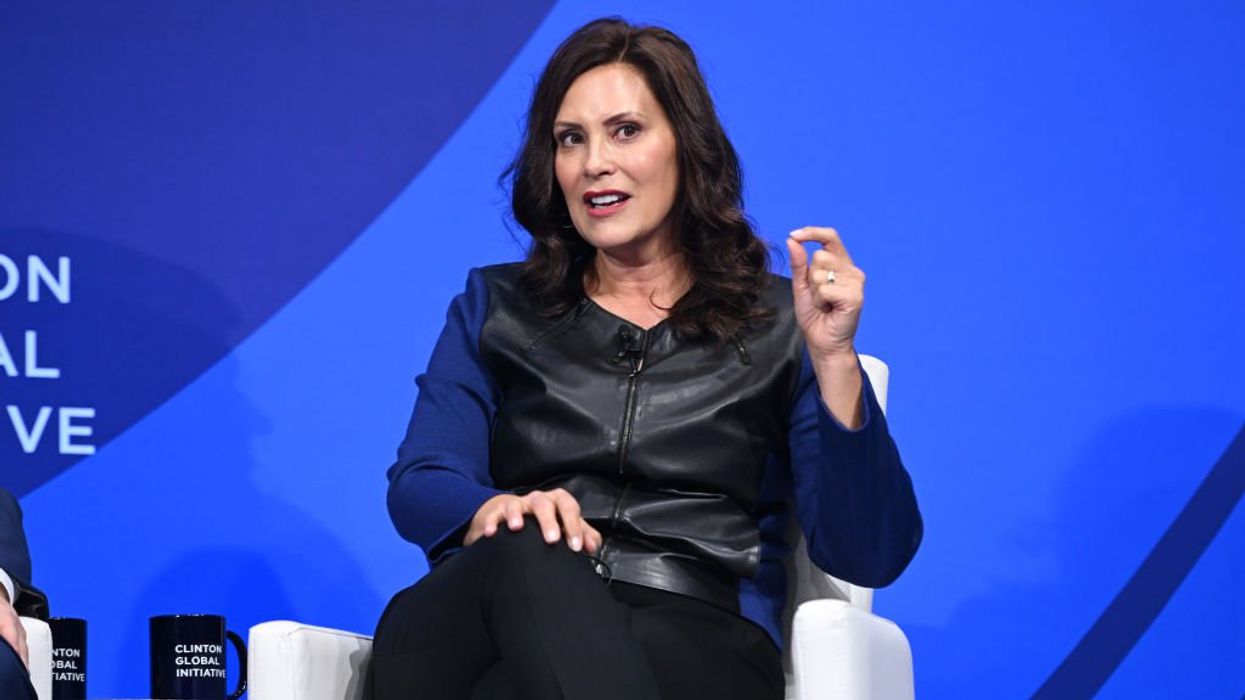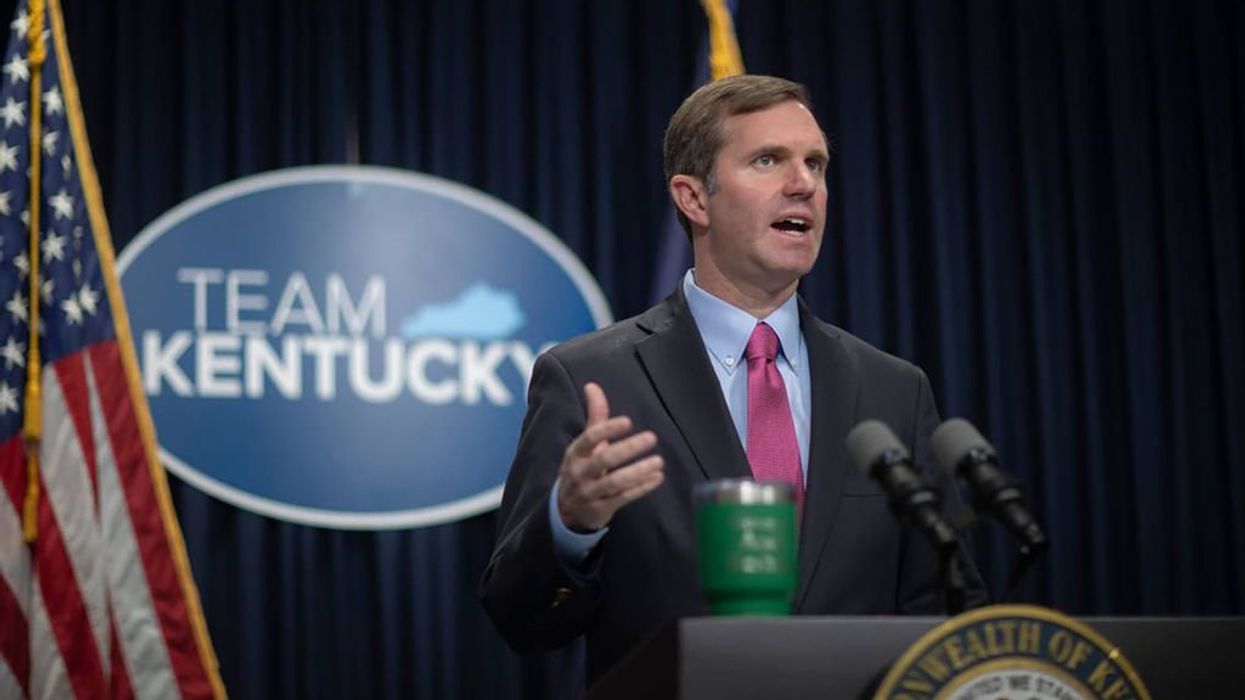Over the weekend, President Joe Biden officially dropped out of the 2024 presidential election and put forward his endorsement behind his Vice President Kamala Harris.
Glenn recently predicted that Biden would step down due to the mountain of pressure within his party to do so. But now that we are here we are faced with an all-new line of questions, like, who will be the candidate on the Democratic ticket? Who will be their pick for vice president?
As of now, the answer to the first question seems to be Kamala Harris, who received the support of the president and several prominent democrats. It's still too early to call for certain, and Glenn doesn't think it's likely, but assuming Kamala becomes the Democrat nominee, who will her VP pick be? There are endless possible options, but there are a 5 big names that could prove beneficial to Harris' campaign:
California Gov. Gavin Newsom

Bill Pugliano / Stringer | Getty Images
Governor Newsom has spiked in popularity within his party since his taking office in 2019 due to his scathing criticisms of President Trump and other Republicans. Newsom has been a popular contender as a possible Biden replacement, and a future presidential bid seems likely.
His widespread recognition may be a boon to Kamala's ticket, but the California governor comes with a dark side. Newsom was famously nearly recalled as Governor in 2021, hanging on to his office by a narrow margin. He also faced criticism for his hypocrisy during the COVID lockdowns, attending large gatherings while the rest of his state was locked inside. There's also the issue that both Newsom and Kamala are from California, meaning that if they were to appear on the same ticket, that ticket would lack geographical balance and would potentially lead to a Constitutional issue that would force the duo to forfeit all 54 of the states' Electoral College votes.
Pennsylvania Gov. Josh Shapiro

Tom Williams / Contributor | Getty Images
Another prominent Democrat Governor, Josh Shapiro has also been floated as a potential VP pick. Governor Shapiro has become a viable pick due to his well-received performance as Pennslyvania's Governor. The governor has good support within the swing state due to his handling of the I-95 bridge collapse, the train derailment in East Palestine, which had effects on his state, and the assassination attempt on the former president last week. Shapiro would bring much-needed support from the swing state if he was put on the ticket.
That being said, Shapiro has little time to build nationwide name recognition before the DNC in August and the November election. This would be Shapiro's debut on the national stage, and he would find himself in the most unforgiving situation possible.
Secretary of Transportation Pete Buttigieg

FREDERIC J. BROWN / Contributor | Getty Images
Former mayor of South Bend, Indiana, and opponent of Biden during the 2020 Democratic primaries, "Mayor Pete's" name recognition might be what Kamala needs on her presidential ticket. Buttigieg rose to popularity during the 2020 election due to his youth and status as "openly gay." Buttigieg has served as the Secretary of Transportation during the Biden administration for the past four years and has formally endorsed Harris.
Nevertheless, Buttigieg has some dark spots on his resume. The East Palestine train derailment disaster has besmirched his reputation as Secretary of Transportation. And while his youth may work in his favor when compared to the other elderly members of our federal government, it also means Buttigieg lacks the experience and prestige that other politicians enjoy.
Michigan Gov. Gretchen Whitmer

Noam Galai / Stringer | Getty Images
Yet another governor of a crucial swing state, Whitmer was elected in 2018, two years after President Trump was elected, helping secure the state for the Democrats. Whitmer is known for her strong opposition to Trump, both during his presidency and his reelection campaign. Whitmer serves as co-chair for the Biden-Harris campaign and as vice chairperson of the DNC, which gives her influence over the Democratic party, something that would come in handy as a Vice President. Gov. Whitmer also established the Fight Like Hell PAC, which is dedicated to helping Democrats get elected and to stopping Trump by any means.
On the other hand, in a statement following Biden's resignation from the election, Governor Whitmer stated that her role “will remain the same.” It is also worth noting that if she were to be chosen as Kamala's VP, that would make their ticket all-female, which may foster some "woke points," but is politically risky.
Kentucky Gov. Andy Beshear

Lexington Herald-Leader / Contributor | Getty Images
Andy Bashear has seemingly beaten the odds twice, having been elected and reelected as the Governor of Kentucky, despite the deep-red nature of the state. Beshear, who has moderate tendencies, would be a boon to the Harris campaign as he has a track record of reaching rural, typically conservative regions where Democrats tend to struggle. He is also known for his propensity to talk about his Christian faith and willingness to work with Republicans, which are traits that might help win over moderates.
But, like Gov. Shapiro, Bashear has very little time to whip up national support and recognition. He also is unlikely to be very much help for the Harris campaign in winning over important swing states.

 Brandon Bell / Staff | Getty Images
Brandon Bell / Staff | Getty Images
 Europa Press News / Contributor | Getty Images
Europa Press News / Contributor | Getty Images ANGELA WEISS / Contributor | Getty Images
ANGELA WEISS / Contributor | Getty Images Eric Lee / Stringer | Getty Images
Eric Lee / Stringer | Getty Images